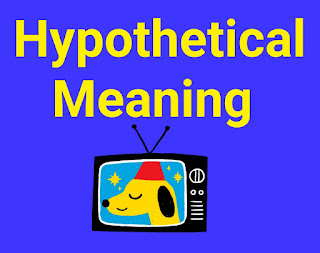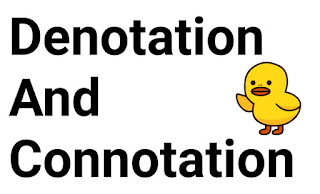HYPOTHETICAL MEANING
We use the term hypothetical for situations that are unreal, imaginary, impossible or unlikely to happen. For example, in I wish I had lots of money, the underlined part of the sentence is unreal, it is the opposite of the facts, i.e. the speaker does not have lots of money.
Exercise
What type of verb are underlined in sentences 1 and 2 below?
What form are the verbs in 3, 4 and 5?
For example, had in I wish I had lots of money is a past simple form.
1. I would never lie to my parents; it's totally unthinkable!
2. Nowadays, I could never stay up all night like I used to when I was younger.
3. Suppose you won $1,000,000... I know you won't, but just suppose.
4. If only I hadn't lost my wallet! But there is nothing I can do about it now.
5. I wish I wasn't going to work tomorrow, but I have to.
Some modal verbs can be used to express hypothetical meaning; for example, would (general hypothetical) and could (hypothetical ability). In number 2, if the speaker used can, it could mean that staying up all night was something they try but fail to achieve. By changing the form into the past (could), the speaker implies that this is something they will not even attempt because it is impossible.
This change to the past to show that the action or event is hypothetical is true of other verbs. For example, in number 3 the past simple shows that the speaker thinks this is a very unlikely event. If the speaker thought it was more likely, they would use win. In number 4, the past perfect (hadn't lost) shows that the event in the sentence is unreal because the speaker is imagining a situation when the loss of his wallet had not occurred. To describe a real event he would use the past simple (I lost my wallet). Similarly, in number 5 the form changes from present continuous to past continuous.



Comments
Post a Comment